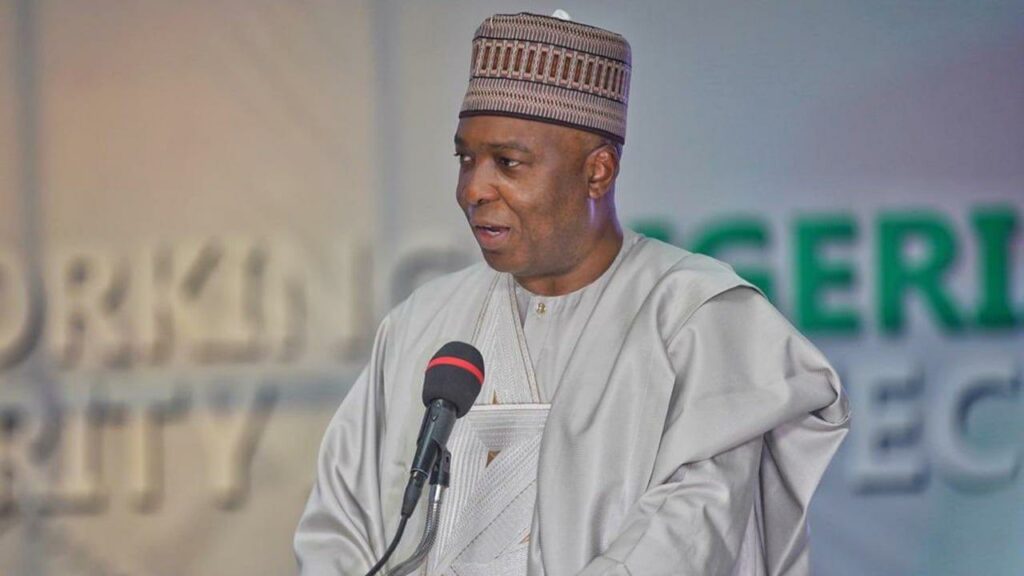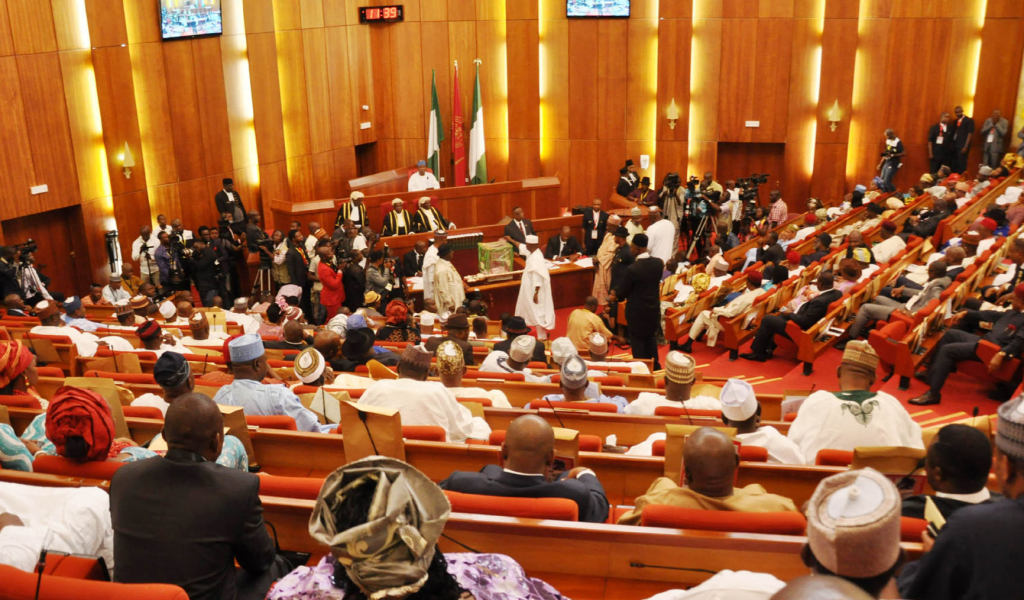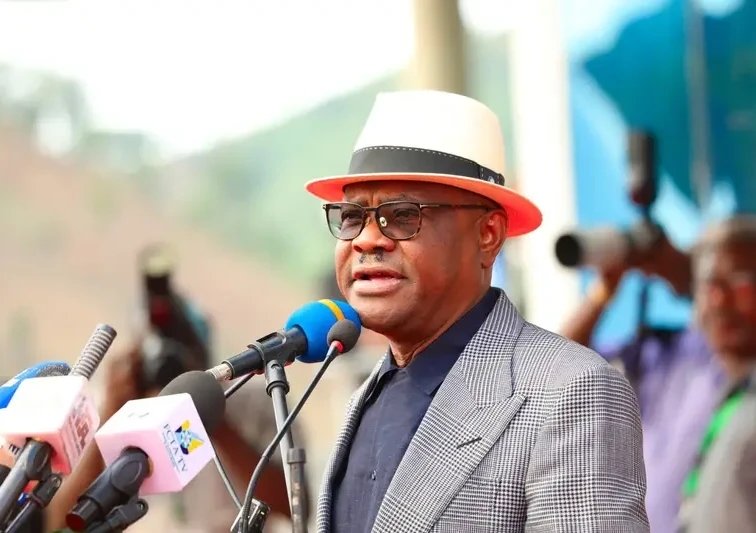The price of petrol in Nigeria remains a focal point of market fluctuations as major retailers adjust rates amid shifting supply dynamics. While most filling stations raised pump prices following recent increases by the Nigerian National Petroleum Company Limited (NNPC), MRS Holdings has temporarily held its rates steady, citing existing inventories.
As of Tuesday, MRS outlets in the capital city of Abuja continued selling petrol at ₦885 per liter, notably lower than NNPC’s revised rate of ₦955, up from ₦890 earlier in the week. A manager at one of the company’s stations, speaking anonymously, attributed the delay in adjusting prices to remaining older stock. “We are still selling old stock,” the manager stated, adding that a revised pricing structure would be announced soon. The discrepancy comes amid broader industry shifts, with competitors like AA Rano, Shema, and Optima increasing rates to between ₦950 and ₦971 per liter.
Market analysts link the nationwide price hikes to rising costs at depots and refineries. Chinedu Ukadike, spokesperson for the Independent Petroleum Marketers Association, noted that Dangote Refinery—Nigeria’s largest privately owned oil facility—recently raised its gantry price to ₦858 per liter. Other depot operators, including NIPCO and Aiteo, reportedly set ex-depot prices (wholesale rates before retail markup) between ₦850 and ₦870 per liter, prompting downstream adjustments.
Nigeria, Africa’s largest oil producer, has long grappled with fuel price volatility due to reliance on imported refined products and fluctuating global crude prices. The recent uptick has sparked public concern, particularly as households and businesses navigate inflationary pressures. While NNPC’s dominance in the market often sets pricing trends, independent retailers like MRS face logistical challenges in balancing inventory costs with competitive pricing.
The delay in MRS’s adjustment offers a brief reprieve for consumers in Abuja, though industry observers anticipate alignment with market rates once existing stocks deplete. The situation underscores broader tensions in Nigeria’s energy sector, where infrastructure constraints and supply chain delays frequently influence pricing. Authorities have yet to comment on whether regulatory interventions are being considered to stabilize costs.


![omotola jalade: genevieve feud never existed, fans to blame 'We don't need to be best friends' - Omotola speaks on alleged feud with Genevieve [VIDEO]](https://mediatalkafrica.com/wp-content/uploads/2026/02/xOmotola-Jalade-Genevieve-Feud-Never-Existed-Fans-to-Blame-1024x614.jpg.pagespeed.ic.zeCHer5yVF.jpg)
